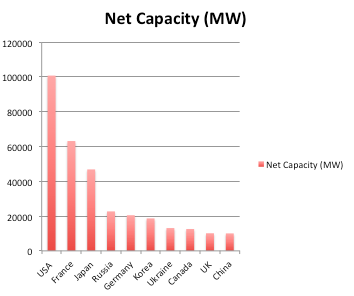The idea that seized the imaginations of the bien pensant chattering classes in the Noughties – “Peak Oil” – is no longer relevant. So says the commodities team at Citigroup, and policy-makers would be wise to examine the trends they’ve identified.
“Peak Oil” is the point at which the production of conventional crude oil begins an irreversible decline. The effect of this, some say, is that scarcity-induced prices rises would require huge changes in modern industrial societies. For some, Peak Oil was the call of Mother Earth herself, requiring a return to pre-industrial lifestyles. One example of this response is the “Transition Towns” network, a middle-class phenomenon in commuter belt towns in the UK.
But in a must-read research note [PDF] issued this month (which is also implicitly critical of the industry) this is premature.
Thanks to “unconventional” oil and gas, which can be tapped thanks to technological advances, Peak Oil is dead.








